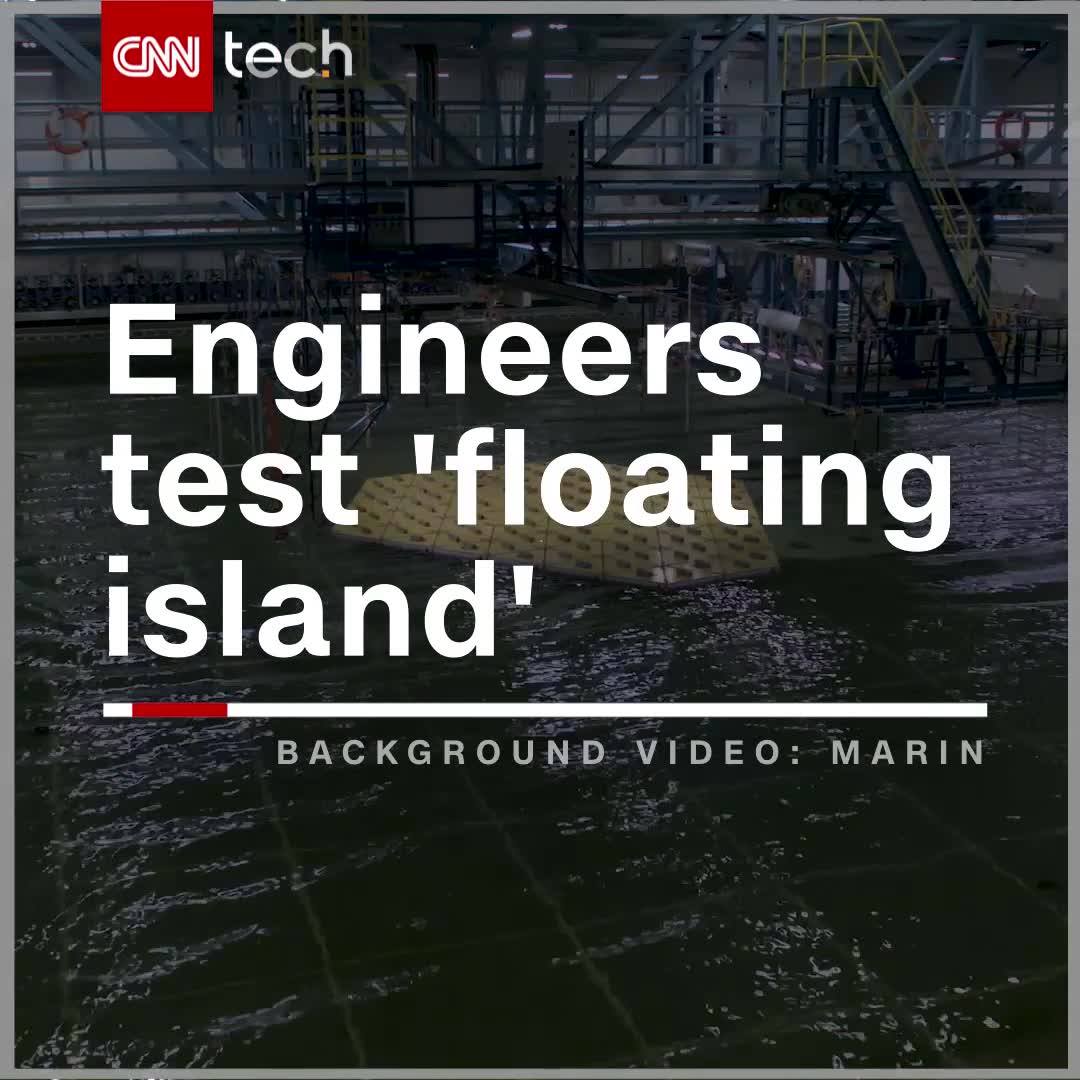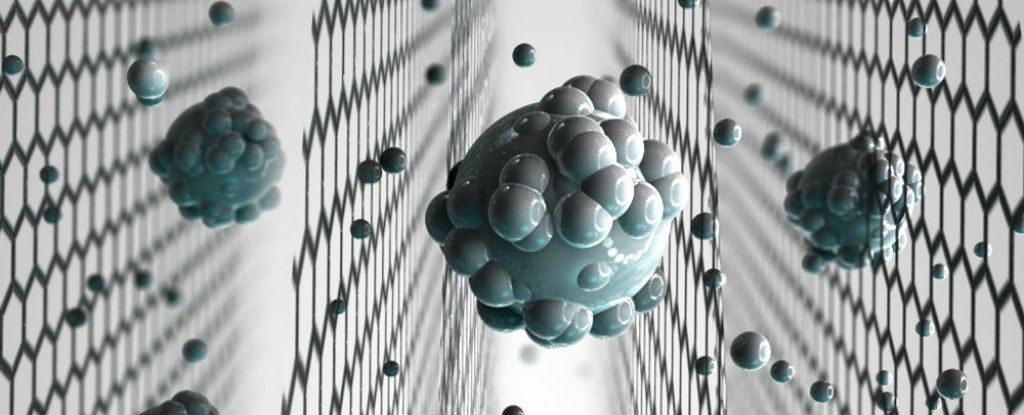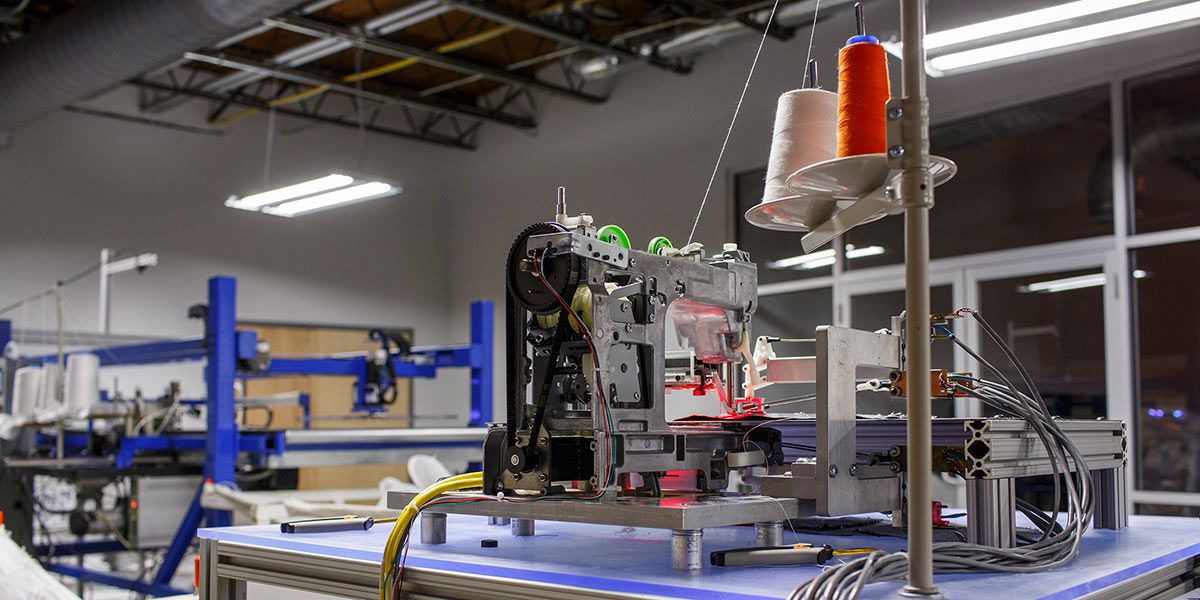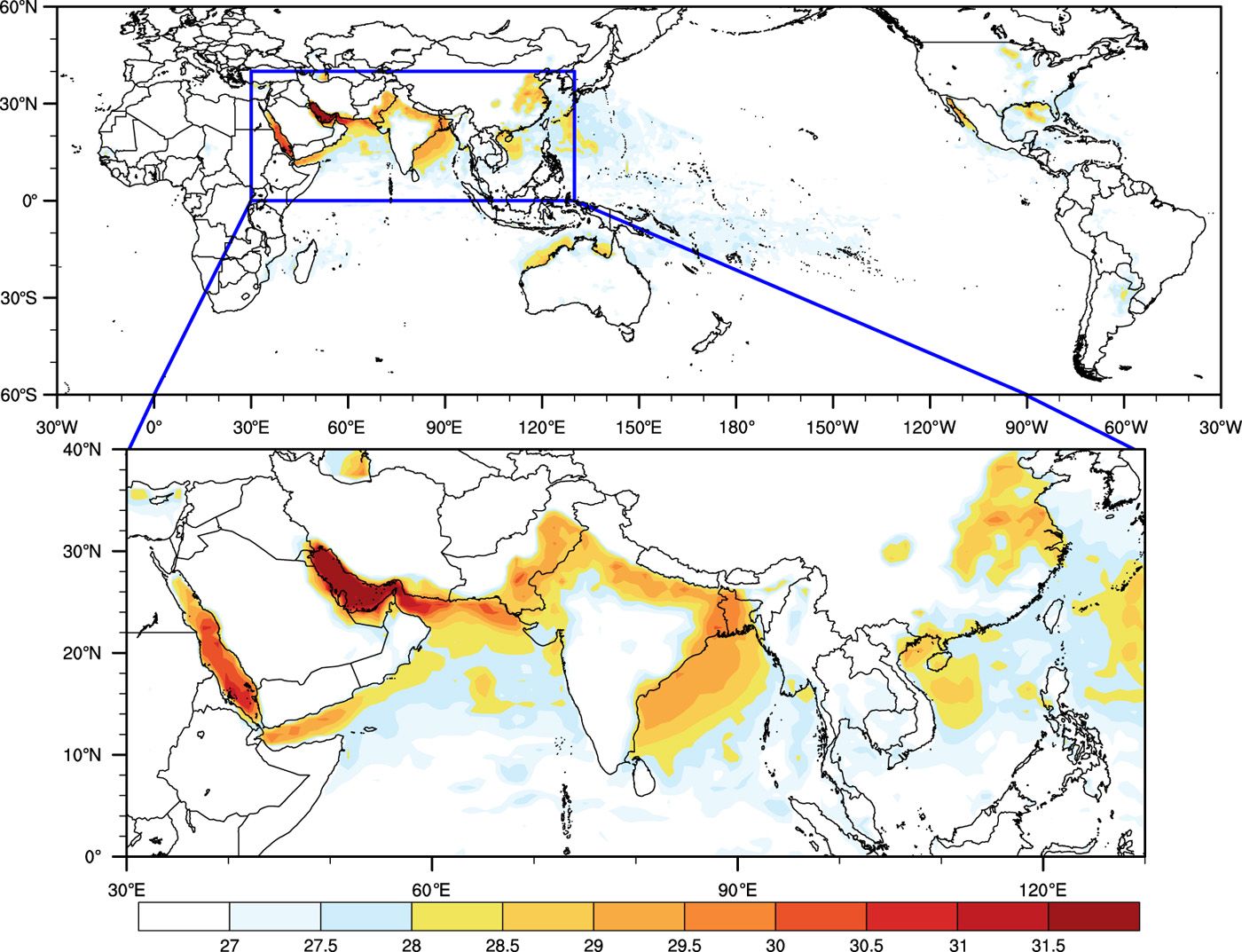Archive for the ‘sustainability’ category: Page 573
Aug 15, 2017
Scientists Have Invented a Graphene-Based Sieve That Turns Seawater Into Drinking Water
Posted by Shailesh Prasad in categories: materials, sustainability
Researchers have achieved a major turning point in the quest for efficient desalination by announcing the invention of a graphene-oxide membrane that sieves salt right out of seawater.
At this stage, the technique is still limited to the lab, but it’s a demonstration of how we could one day quickly and easily turn one of our most abundant resources, seawater, into one of our most scarce — clean drinking water.
The team, led by Rahul Nair from the University of Manchester in the UK, has shown that the sieve can efficiently filter out salts, and now the next step is to test this against existing desalination membranes.
Aug 14, 2017
This Economic Model Organized Asia for Decades. Now It’s Broken
Posted by Derick Lee in categories: economics, employment, food, robotics/AI, sustainability
Pan’s company is at the vanguard of a trend that could have devastating consequences for Asia’s poorest nations. Low-cost manufacturing of clothes, shoes, and the like was the first rung on the economic ladder that Japan, South Korea, China, and other countries used to climb out of poverty after World War II. For decades that process followed a familiar pattern: As the economies of the early movers shifted into more sophisticated industries such as electronics, poorer countries took their place in textiles, offering the cheap labor that low-tech factories traditionally required. Manufacturers got inexpensive goods to ship to Walmarts and Tescos around the world, and poor countries were able to provide mass industrial employment for the first time, giving citizens an alternative to toiling on farms.
Automation threatens to block the ascent of Asia’s poor. Civil unrest could follow.
Aug 9, 2017
This is the world’s fastest electric hypercar
Posted by Shailesh Prasad in categories: sustainability, transportation

Aug 9, 2017
Jaguar’s fancy, new, all-electric SUV could be giving Tesla something to worry about
Posted by Shailesh Prasad in categories: sustainability, transportation

Aug 6, 2017
Project RAMA: Reconstructing Asteroids Into Mechanical Automata
Posted by Klaus Baldauf in categories: solar power, space travel, sustainability
Many interesting ideas have been conceived for building space-based infrastructure in cislunar space. From O’Neill’s space colonies, to solar power satellite farms, and even prospecting retrieved near earth asteroids. In all the scenarios, one thing remained fixed — the need for space resources at the outpost. To satisfy this need, O’Neill suggested an electromagnetic railgun to deliver resources from the lunar surface, while NASA’s Asteroid Redirect Mission called for a solar electric tug to deliver asteroid materials from interplanetary space. At Made In Space, we propose an entirely new concept. One which is scalable, cost effective, and ensures that the abundant material wealth of the inner solar system becomes readily available to humankind in a nearly automated fashion. We propose the RAMA architecture, which turns asteroids into self-contained spacecraft capable of moving themselves back to cislunar space.
Aug 5, 2017
The risk of a transhumanist future
Posted by Zoltan Istvan in categories: biotech/medical, military, sustainability, transhumanism
But a British PhD candidate has warned of the darker side of a transhumanist future.
Sociologist Alex Thomas of East London University believes that transhumanism will further enforce a societal obsession with “progress” and “efficiency” at the expense of social justice and environmental sustainability. In an article published this week in The Conversation, Thomas argues that unbridled technological progress, in which technology “become more intrusive and integrate seamlessly with the human body”, could lead to a loss of basic societal values such as compassion and a concern for the environment.
Transhumanism and advanced capitalism are two processes which value “progress” and “efficiency” above everything else. The former as a means to power and the latter as a means to profit. Humans become vessels to serve these values. Transhuman possibilities urgently call for a politics with more clearly delineated and explicit humane values to provide a safer environment in which to foster these profound changes.”
Aug 4, 2017
Elon Musk’s First Tesla Solar Roof Is Here, and It Looks Amazing
Posted by Montie Adkins in categories: Elon Musk, sustainability, transportation
Aug 2, 2017
Deadly heat waves projected in the densely populated agricultural regions of South Asia
Posted by Aleksandar Vukovic in categories: biotech/medical, business, food, neuroscience, sustainability
The risk associated with any climate change impact reflects intensity of natural hazard and level of human vulnerability. Previous work has shown that a wet-bulb temperature of 35°C can be considered an upper limit on human survivability. On the basis of an ensemble of high-resolution climate change simulations. we project that extremes of wet-bulb temperature in South Asia are likely to approach and. in a few locations. exceed this critical threshold by the late 21st century under the business-as-usual scenario of future greenhouse gas emissions. The most intense hazard from extreme future heat waves is concentrated around densely populated agricultural regions of the Ganges and Indus river basins. Climate change. without mitigation. presents a serious and unique risk in South Asia. a region inhabited by about one-fifth of the global human population. due to an unprecedented combination of severe natural hazard and acute vulnerability.
The risk of human illness and mortality increases in hot and humid weather associated with heat waves. Sherwood and Huber proposed the concept of a human survivability threshold based on wet-bulb temperature (TW). TW is defined as the temperature that an air parcel would attain if cooled at constant pressure by evaporating water within it until saturation. It is a combined measure of temperature [that is. dry-bulb temperature (T)] and humidity (Q) that is always less than or equal to T. High values of TW imply hot and humid conditions and vice versa. The increase in TW reduces the differential between human body skin temperature and the inner temperature of the human body. which reduces the human body’s ability to cool itself. Because normal human body temperature is maintained within a very narrow limit of ±1°C. disruption of the body’s ability to regulate temperature can immediately impair physical and cognitive functions.
Aug 2, 2017
A living programmable biocomputing device based on RNA
Posted by Sean Brazell in categories: biotech/medical, computing, engineering, nanotechnology, sustainability


Synthetic biologists at Harvard’s Wyss Institute for Biologically Inspired Engineering and associates have developed a living programmable “ribocomputing” device based on networks of precisely designed, self-assembling synthetic RNAs (ribonucleic acid). The RNAs can sense multiple biosignals and make logical decisions to control protein production with high precision.
Continue reading “A living programmable biocomputing device based on RNA” »














